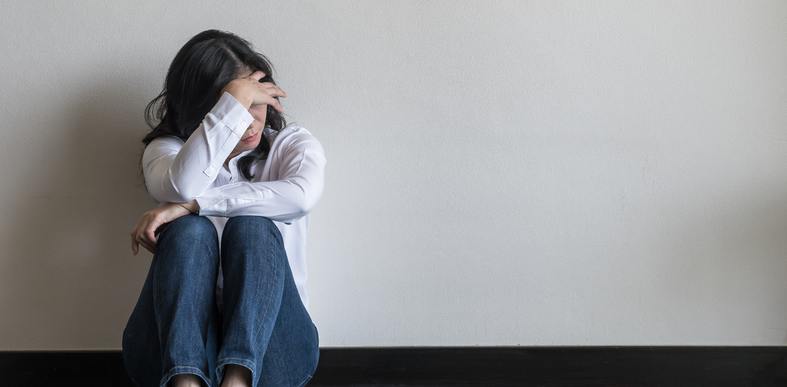How to Support Your Partner without Enabling Addiction

There are times when loving someone with an addiction can feel like an insurmountable task. The emotional snarl tied to mental and physical addiction can last a lifetime and it wears out relationships just like it destroys the body.
This article will provide you with tips for those who are living with an addicted spouse or significant other. How can you provide support without enabling an addiction? What can you do to help yourself while helping your partner? How can Washington State drug rehab help?
Are you or a loved one struggling with addiction?
Our Recovery Advocates are available 24/7 to help.
Tips for Loving Someone Without Enabling Them
It can be difficult to sit on the sidelines while someone you love is consumed with drug or alcohol addiction. Learn how to support a partner struggling with addiction without enabling them to continue destructive behavior.
- Set boundaries: for the relationship will establish a barrier that will protect you while also keeping you from inadvertently supporting the loved one’s behaviors. It will stop the emotional and sometimes financial manipulation that often accompanies substance use. Setting rules that include having no contact with the person when he or she is intoxicated will be hard, but necessary. Setting boundaries is a way for you to practice taking better care of yourself in the face of an untenable situation.
- Educate yourself: on the disease in order to understand it. This will help you not only better understand what is happening to your loved one, but will also allow you to take back some control in a situation that can feel so out-of-control. Educating yourself will also help you prepare for the steps necessary when your loved one is finally ready to ask for help.
- Get help: from an outside resource, whether it is by joining an AA peer support group or talking with a counselor. This can help you feel less isolated while seeking third-party advice that can help you understand what to expect from the addiction cycle.
- Protect yourself: by learning to be as patient as you can be during this process. Addiction can be a vicious cycle of recovery and relapse that takes a real toll on the addict’s support system. Protecting yourself also means disassociating yourself from the effects of your loved one’s bad decision-making. Seeking legal help may be necessary and as hard as this may sound, if you do not feel safe, it is possible that it may be time to end the relationship.
These are just some of the steps you can take to continue to care about the person suffering from addiction while also taking care of yourself and avoiding enabling behaviors. Where can you and your loved one turn for professional help when the time is right?
Encouraging a Loved One to Seek Help
Washington State addiction treatment teams are standing by to help your family recover from the devastating effects of substance use. There are a variety of services available, including treatment for co-occurring disorders like mental illness and substance abuse, inpatient treatment, family therapy, as well as medication-assisted therapies designed to help with withdrawal. To learn more about admissions to our residential treatment facility, contact us today!




